Retired Indiana University professors sue trustees over governance ban
Three retired Indiana University professors are suing the university’s Board of Trustees over a new policy that bars emeritus faculty from participating in any kind of university governance. Also a target of the lawsuit is new state law.
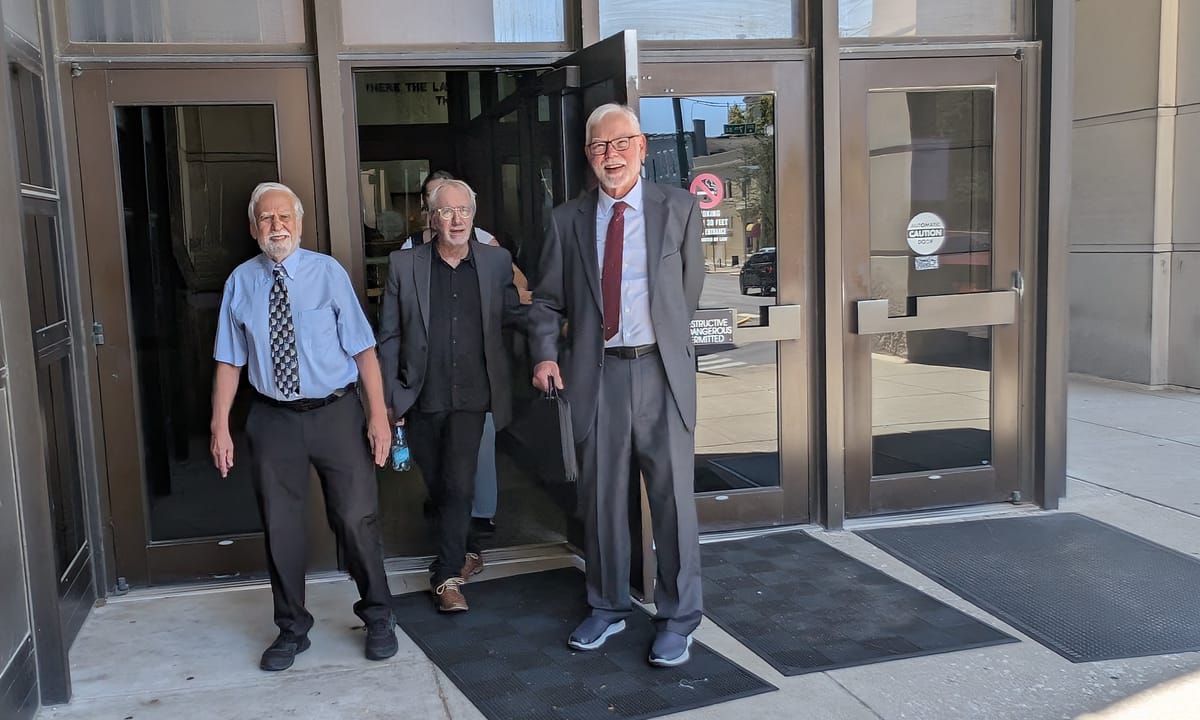
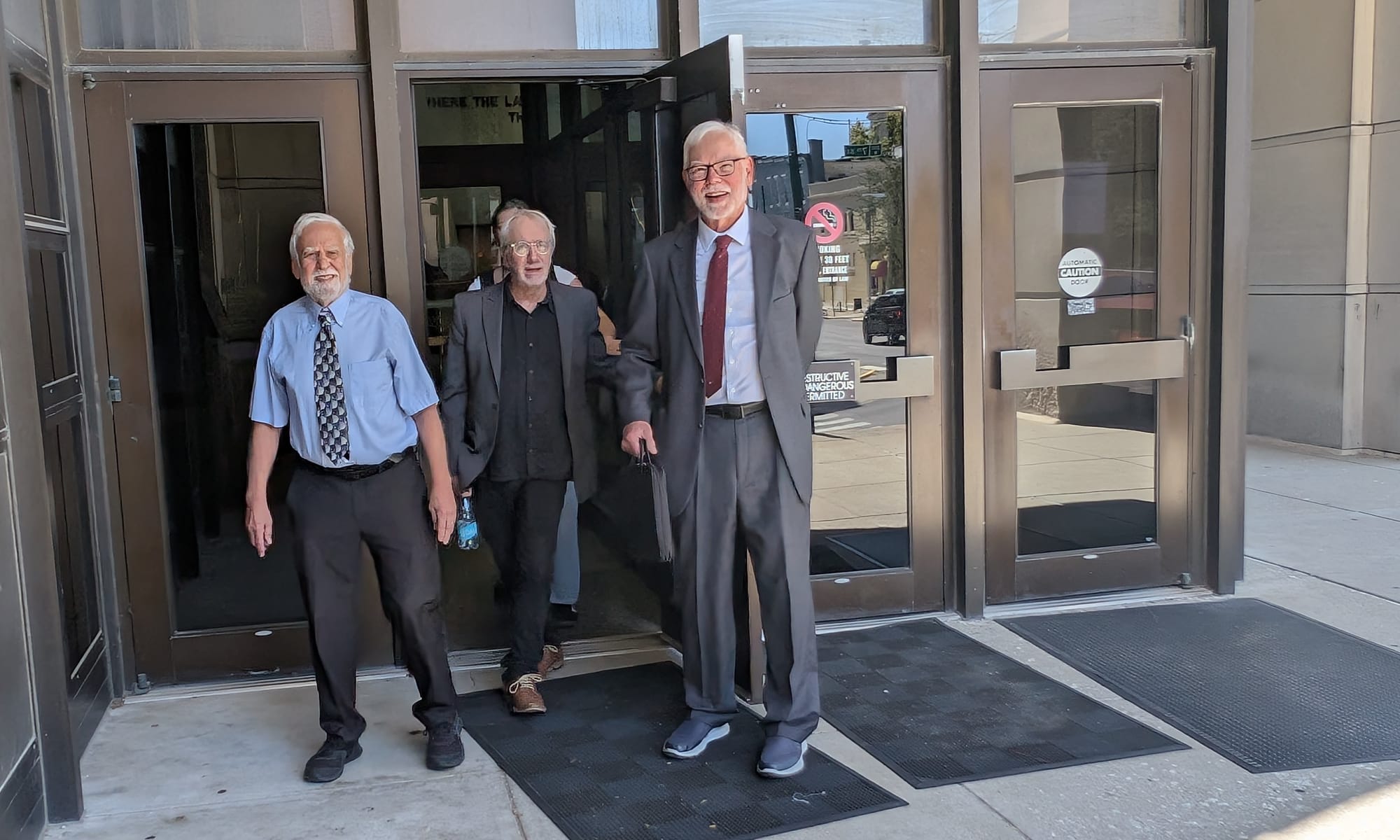
Three retired Indiana University professors are suing the university’s Board of Trustees over a new policy that bars emeritus faculty from participating in any kind of university governance.
Also a target of the lawsuit is new state law that says only those members of a faculty governance organization who are also university employees can vote on anything.
A hearing was held on Tuesday afternoon in front of circuit court judge Emily Salzmann. The judge is looking to rule on a motion for a preliminary injunction before this academic year’s first meeting of the Bloomington Faculty Council, which is currently set for Sept. 23.
The lawsuit, filed in Monroe County’s circuit court by Steven J. Sherman, James A. Tanford, and Russell J. Skiba, contends that IU policy BOT-19 and IC 21-38-11-3 unlawfully strip retired professors of rights they have long exercised. The plaintiffs, all emeritus professors, were elected to serve on the BFC, or selected to serve as a proxy on the BFC.
The plaintiffs are familiar in Bloomington civic circles, the first two more likely by their middle names. Jim Sherman served on Bloomington’s city council from 1992 to 1998 and currently serves on the utilities service board. Among other civic involvement, Alex Tanford co-chaired the 2021 committee that was formed to rename Jordan Avenue. Skiba has been visible most recently speaking at rallies against the policies of U.S. President Donald Trump.
The three contend that IC 21-38-11-3, is unconstitutional because it was passed this year as a part of the budget bill, in violation of the Indiana Constitution’s single-subject rule. IC 21-38-11-3 says:
Only members of a faculty governance organization who are employed by the applicable state educational institution may vote on a matter.
As retired faculty, the three are no longer employed by IU. The board’s new policy (BOT-19), enacted on June 12, takes the state law further—preventing non-employees like retired faculty from participating in faculty governance in any way. BOT-19 says:
Only faculty members who are employed by Indiana University may participate in faculty governance in any capacity, including but not limited to serving as proxies, or serving on any committee or task force or in any committee-related or task force-related role in faculty governance organization meetings or related proceedings.
Sherman, Tanford, and Skiba are seeking a declaratory judgment striking down both the policy of the trustees (BOT-19) and the new state statute.
Tanford, who retired from the law school, is serving as legal counsel for the three plaintiffs, including himself. The request for preliminary injunction, heard by Salzmann on Tuesday, would settle the issue of Tanford and Sherman’s status as members of the BFC in time for the first meeting of the academic year on Sept. 23, when Skiba intends to serve as Tanford’s proxy.
On Tuesday afternoon, it was Tanford who gave the oral arguments in support of the preliminary injunction.
Appearing as counsel for the IU Board of Trustees were Matthew Hinkle and Alex Emerson with Coots, Henke & Wheeler. Appearing as counsel for the state of Indiana, which is involved because of the constitutionality issue, was Bradley Davis.
Tanford opened by saying that the moral of the case is: “No good deed goes unpunished.” He described decades of service by emeritus faculty, like committee work, advising, and work on policy rewrites. To illustrate how completely the retired faculty were removed from any governance role, Tanford pointed out they would be banned from participating even in a committee to plan the annual celebration for retired faculty.
Tanford pointed out that the standard for granting a preliminary injunction hinges on “likelihood of success” by a preponderance of the evidence, not a proof beyond a reasonable doubt. On that score, Tanford said, BOT-19 is an “ultra vires” act because there is no law giving the trustees authority to “micromanage” how departments and schools staff their committees.
Tanford also cited the state law on state educational institutions which says that certain “covered statues” can’t be “construed to discourage or disparage the status of students, faculty, and other persons or the valid concerns of the public in matters of policy and of management of state educational institutions.” BOT-19 disparages emeritus faculty because students, alumni, or part-time staff could still serve on committees, while emeritus faculty could not, Tanford said.
Tanford said it’s not possible to get more disparaging than to tell retired faculty that their status is so low that they can’t serve on the same committees that other members of the university community can serve on.
The two attorneys giving counterarguments for the board of trustees tag-teamed their effort. The counter to the “non-disparagement” wording was that it just doesn’t apply to the new state law (IC 21-38-11-3) about voting by non-employees, because it is not on the list of “covered statutes” that is spelled out in that chapter of the state code.
In any case, the board’s attorneys argued, the state law explicitly says that the “covered statutes” don’t exhaust trustee powers. Other statutes can confer or imply additional authority, they said—as one example, IC 21-38-11-3 itself.
About the single-subject challenge, Tanford allowed that legislation is presumed constitutional and the one-subject rule is interpreted generously, but said, “There are limits.” Interested parties have to have notice that the bill might affect them, Tanford said, as reflected in a bill’s title. The law that restricts faculty-governance voting never appeared as a stand-alone bill, Tanford said, and was not heard in committee.
Arguing for the state, from the Attorney General’s office, Bradley Davis stressed the strong presumption of constitutionality. Responding to Tanford’s implication that the legislature had targeted the three for political views they had expressed, Davis, said courts aren’t supposed to consider the legislature’s motives or process.
According to Davis, the budget bill’s title (”State and local administration and appropriations”) can rationally include provisions on how state universities are administered. He pointed to other higher-ed items inside the budget bill, like budget procedures, reporting, degree-program and tenured-faculty productivity reviews. So a section of the budget bill that says who can participate in policy-making via a faculty council has rational unity with those administrative measures, he said.
Davis concluded that there’s no likelihood of success when the case proceeds on its merits. That means the judge should not grant the preliminary injunction, Davis said.
Tuesday’s hearing lasted under an hour. Salzman asked the two sides to send her their proposed findings and orders by 5 p.m. on Sept. 16. She said that would give her time to write her own order before the Sept. 23 Bloomington Faculty Council meeting.

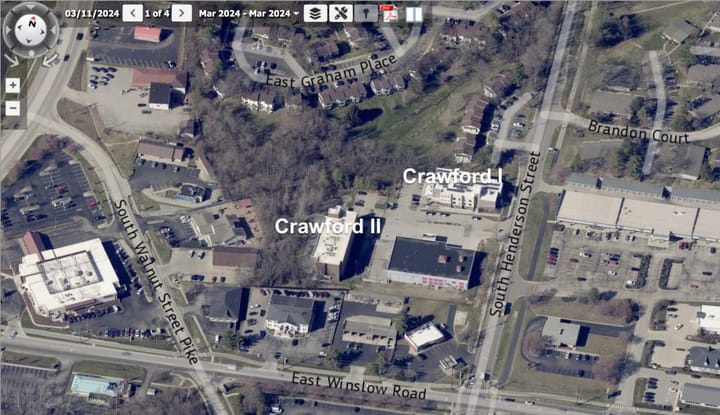
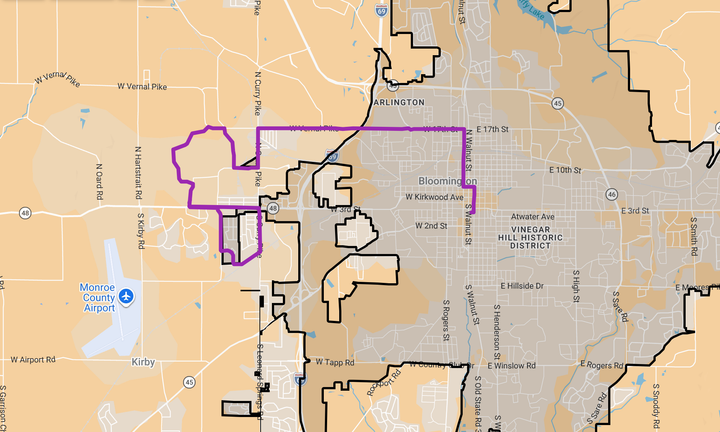
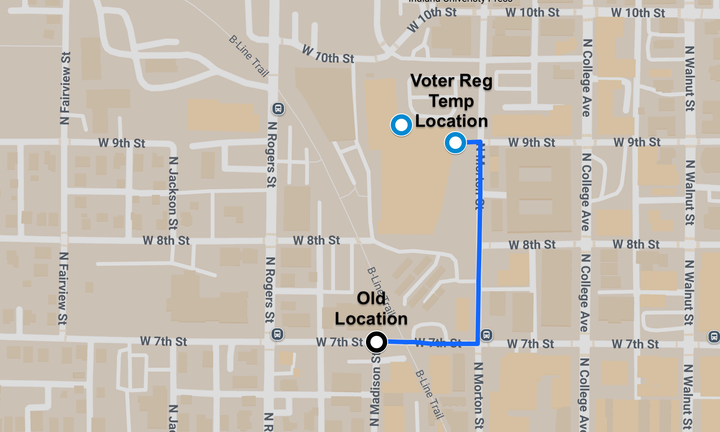
Comments ()